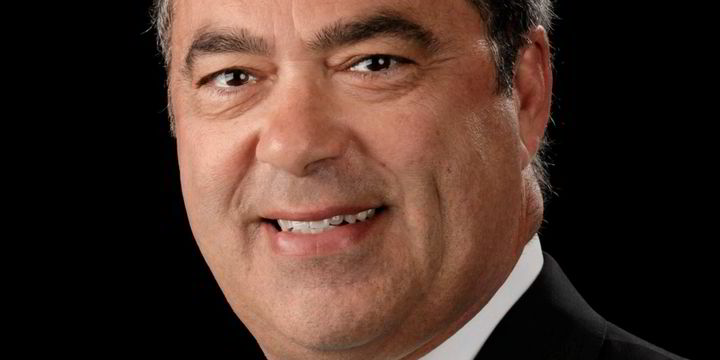US liquefied natural gas developer Tellurian is exploring a sale of its upstream business, the company said in a note to investors on Tuesday.
Tellurian, which has struggled to get its Driftwood LNG project in Louisiana off the drawing board, said it has tasked its newly appointed business advisor, Lazard, to look into selling the upstream assets — including drilling locations and interest in undeveloped acreage — to reduce debt and expenses.
“Ownership of upstream assets is not necessary at this stage of Tellurian’s development,” said chief executive Octavio Simoes. “There are alternative gas supply strategies available to us from various basins.”
In the quarter to September of last year, Tellurian produced 19.5 billion cubic feet of natural gas at over 400 drilling locations.
Own assets also include 31,149 net acres and interests in 159 producing wells.
Simoes said that offloading the upstream assets would “substantially reduce our debt, further reduce our general and administrative expenses, and provide additional cash” to invest in the development of Driftwood LNG.
Article continues below the advert
The facility, which has a nameplate liquefaction capacity of 27.6 million tonnes per annum, is expected to cost an estimated $14.5 billion.
Simoes added that raising cash through an asset sale is “more attractive than issuing equity” to meet working capital needs and finance upcoming development activities.
The company is still trying to get Driftwood LNG through to project sanction stage, but the process has been an uphill struggle after the loss of all its foundation customers including Shell, Vitol, Gunvor and Trafigura along the way.
Only last week, Tellurian chairman Martin Houston reached out to shareholders in a letterto counter speculations that Lazard — which was brought in in December — had been appointed to plan a sale of the company. Houston called this claim “misleading”.
Also last December, the company ousted his co-founder and then chairman Charif Souki, with fellow co-founder Martin Houston taking the helm.
Souki departed the company with a compensation package totalling $8 million.

